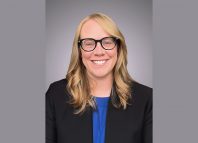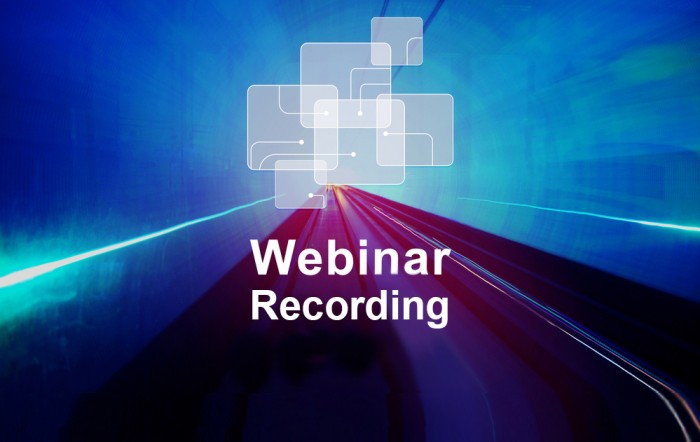Earlier this week, the Senate Parliamentarian advised lawmakers that several provisions in the budget reconciliation bill will not be able to pass with a simple majority vote. This includes the Senate’s proposed reductions to state provider taxes that were expected to result in billions of cost savings to the federal government. Senate Republicans now have several options to consider before moving forward, including removing key Medicaid provisions in the bill or re-drafting and re-submitting them to try to earn Parliamentarian approval. Other policies that were ruled unallowable under the Byrd Rule included the exclusion of specific groups of immigrants from Medicaid and withholding federal funds from states that use their own funds to provide coverage.
Senators are expected to vote in the coming days. While Pennsylvania Federal legislators are hearing the message from RCPA and other state associations, they are hearing very little from the constituencies in their home districts.
To assist with outreach and to help tailor the letter provided above, National Council and RCPA have provided additional resources below:
Your outreach TODAY is critical. If hundreds of billions of dollars are cut:
- Millions of people are expected to lose access to lifesaving care and services;
- Community behavioral health providers, operating on the thinnest of margins already, will face additional financial hardship; and
- The cuts are unlikely to save any money overall because costs will simply shift to states, who will be forced to try and make up the funding difference.
Specific proposals under consideration, like mandatory work requirements and provider tax policy changes, are expected to create huge administrative burdens that are likely to result in eligible people losing their coverage, plus massive funding losses for states that could result in reduced availability of mental health and SUD services.


















